In The Footsteps Of Frantz Fanon (2021)
• October 14th, 2021 • 1h 44min
Documentary, History
Overview
Who was Frantz Fanon, the author of Wretched of the Earth and Black Skin, White Masks, this Pan-African thinker and psychiatrist engaged in anti-colonialist struggles? Born in Martinique, Frantz Fanon was not yet 20 years old when he landed, weapons in hand, on the beaches of Provence in August 1944 with thousands of soldiers from "Free France", most of whom had come from Africa, to free the country from Nazi occupation. He became a psychiatrist and ten years later joined the Algerians in their fight for independence. Died at the age of 36, he left behind a major work on the relationships of domination between the colonized and the colonizers, on the roots of racism and the emergence of a thought of a Third World in search of freedom. 60 years after his death, the film follows in the footsteps of Frantz Fanon, alongside those who knew him, to rediscover this exceptional man.
Make sure to check your pop-up blocker!!
Trailer
Similar Movies
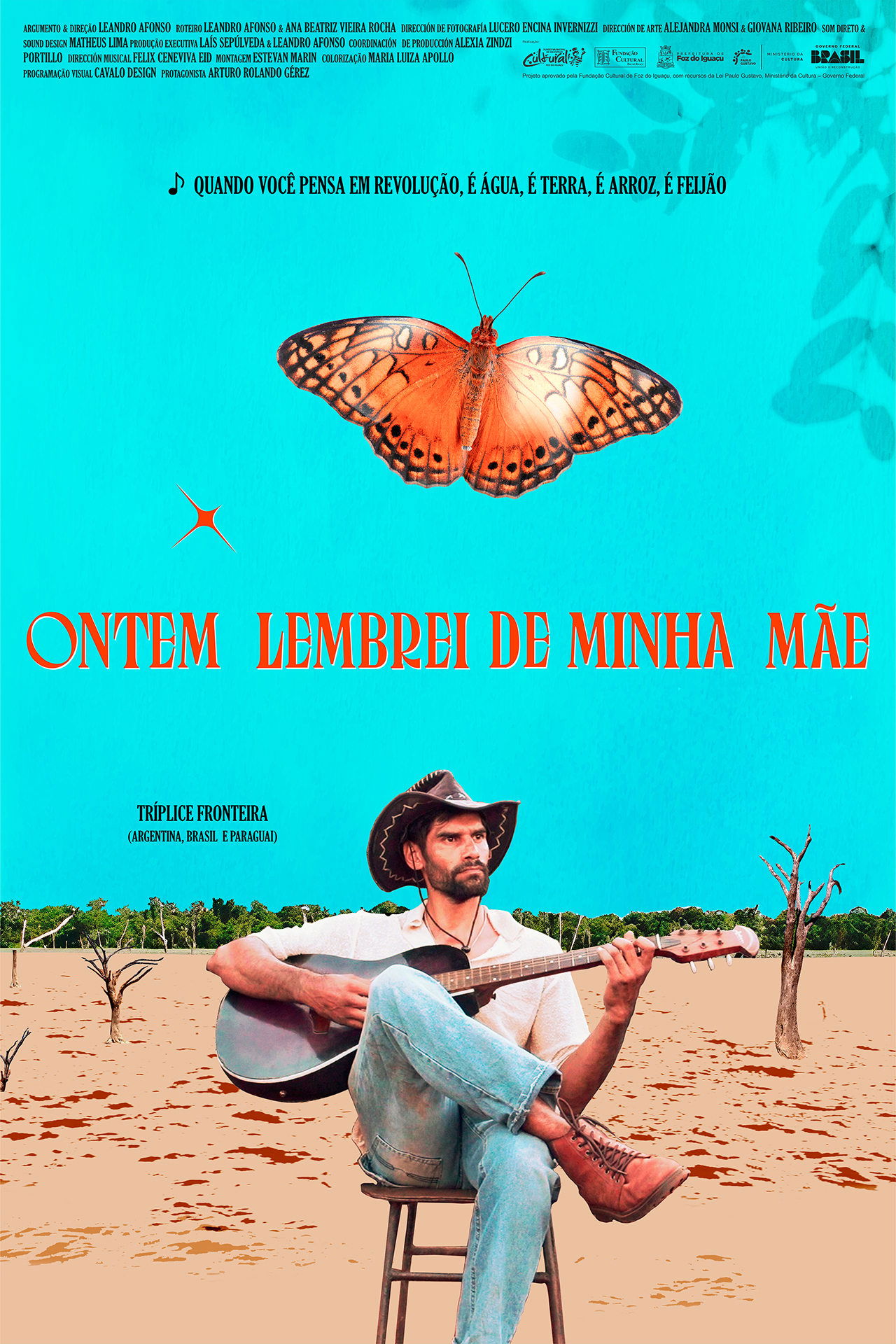
I Remember My Mom
Released on: 2025-03-22
History, Drama, Music, Fantasy
A childhood episode comes back to the memory of a man with no land

Interviews with Abdelkrim Baba Aïssa
Released on: 2024-02-01
Documentary
In 2024, Abdelkrim Baba Aissa, aged 75, engages in a series of filmed interviews with Algerian journ...

La Bataille d'Alger, l'empreinte
Released on: 2018-01-01
Documentary
Cheikh Djemaï looks back on the genesis of Gillo Pontecorvo’s feature film, The Battle of Algiers (1...

A Propos D'Un Crime
Released on: 1967-01-01
Documentary
In 1967, Visconti came to Algiers for the filming of The Stranger with Mastroianni and Anna Karina. ...
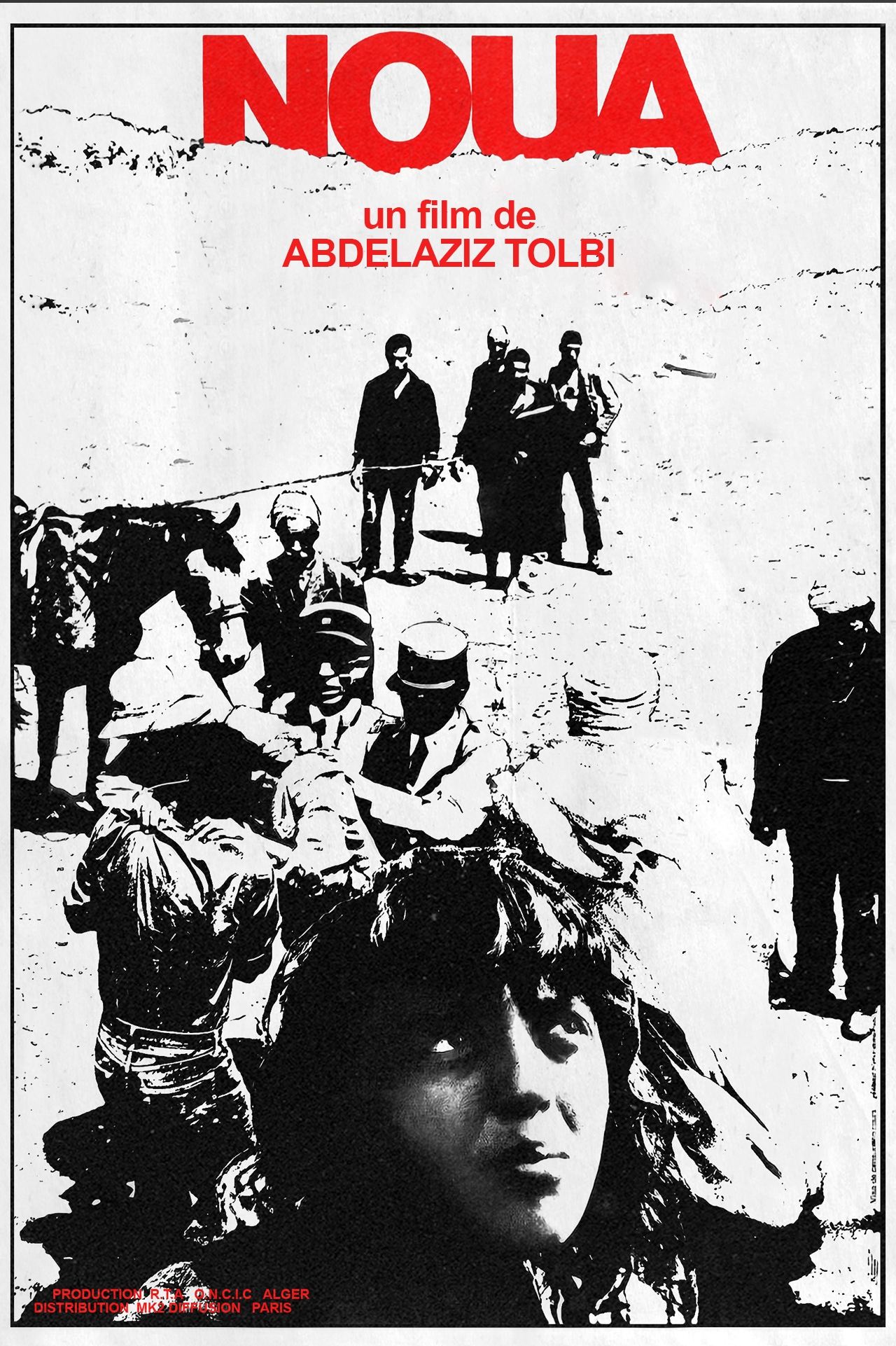
Noua
Released on: 1972-01-02
Drama, History, War
In Algeria in 1954, in a village in the Aurès region, poverty reigns over peasants enslaved by colon...

Be Water
Released on: 2020-01-25
Documentary
In 1971, after being rejected by Hollywood, Bruce Lee returned to his parents’ homeland of Hong Kong...

Colonial Times
Released on: 1976-01-01
Documentary
Three centuries of Venezuela's history as a Spanish colony are considered from economic, political a...

Algeria in Flames
Released on: 1958-01-02
Documentary, War
These are the first images shot in the ALN maquis, camera in hand, at the end of 1956 and in 1957. T...

Lost Mountain
Released on: 2020-01-01
Documentary
On November 1, 1954, the National Liberation Front of Algeria announced the war for the country's in...
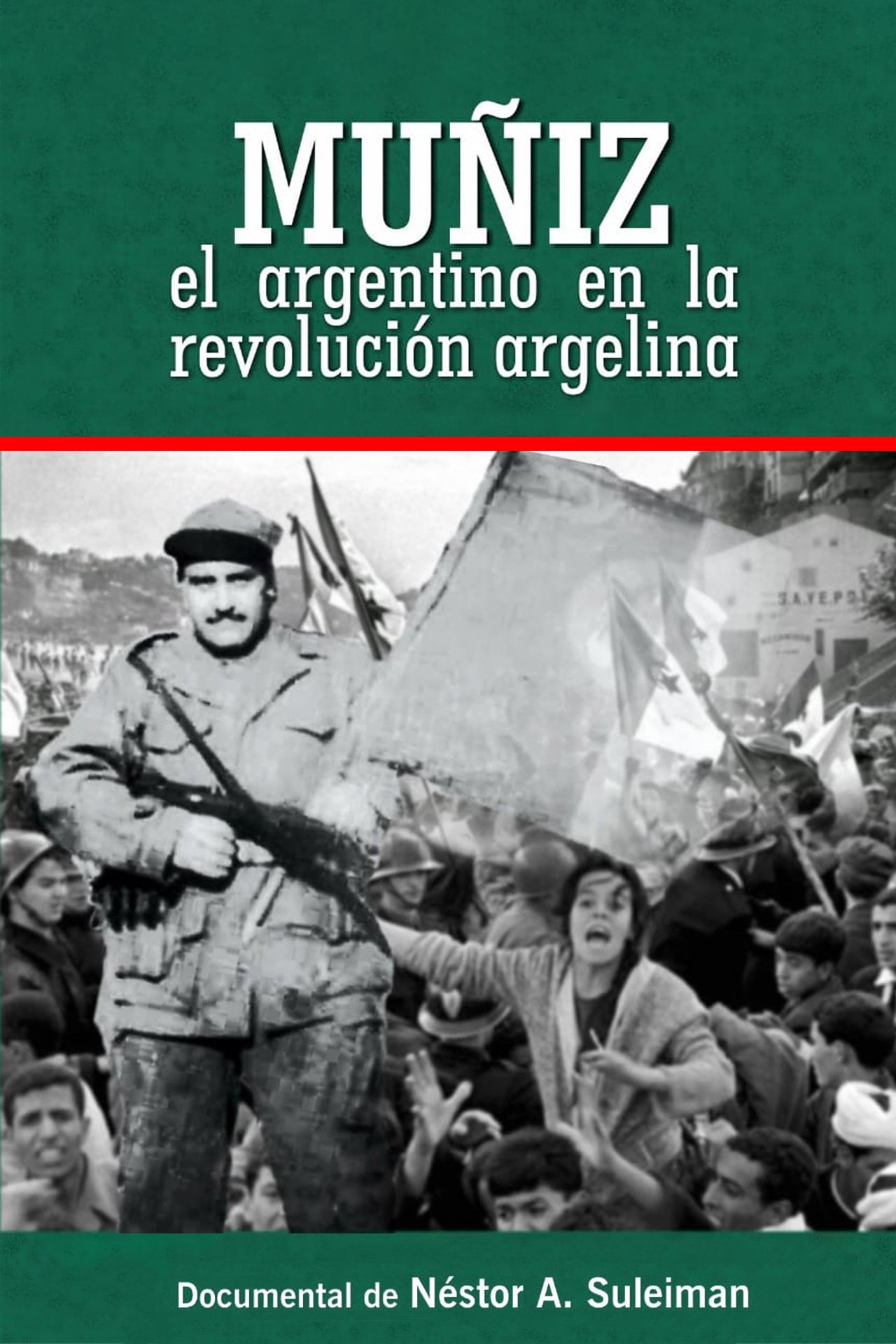
Muñiz, The Argentinian In The Algerian Revolution
Released on: 2020-08-11
Documentary, History
Roberto Muniz, nicknamed "Mahmoud the Argentinian," was a revolutionary fighter who joined the Natio...
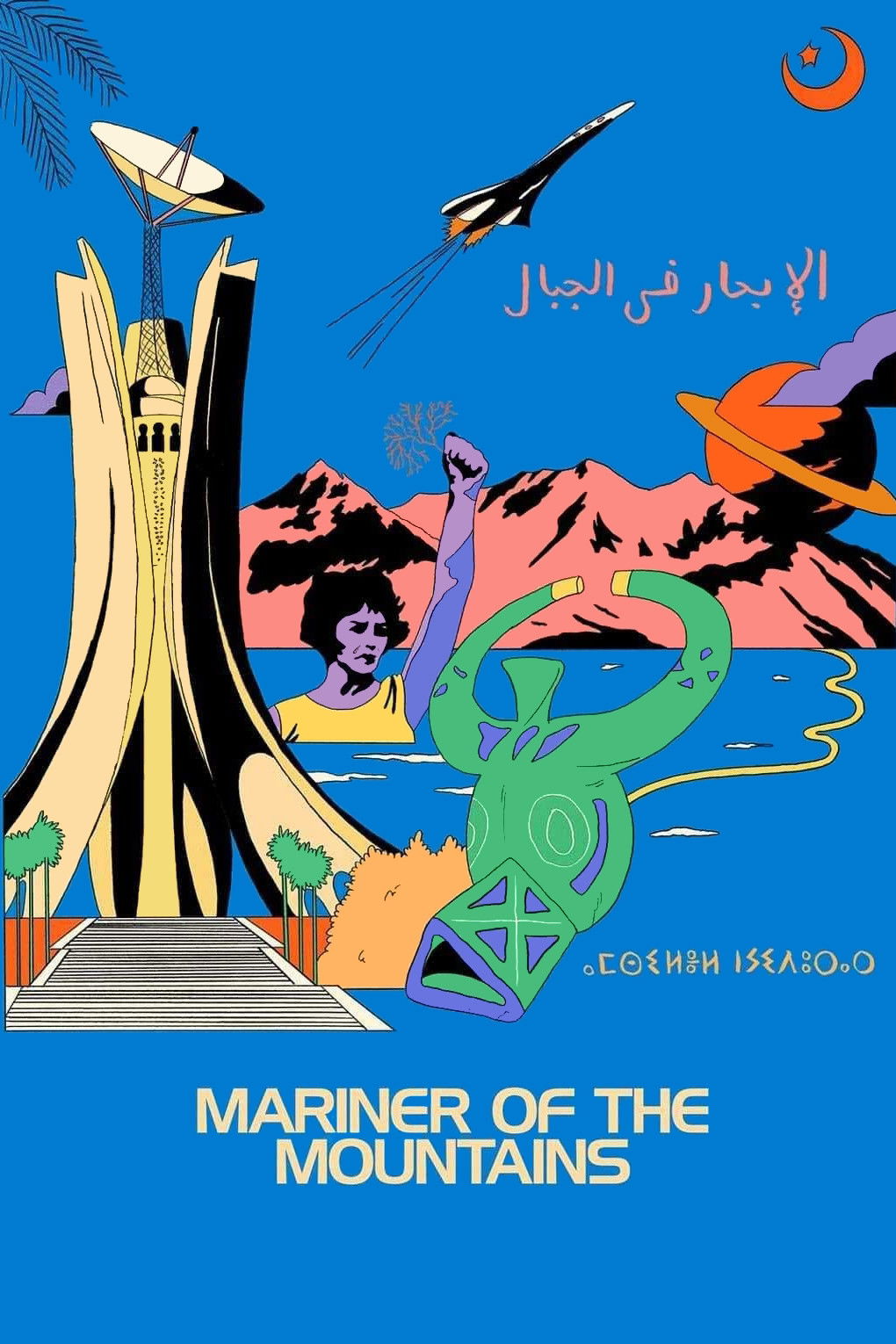
Mariner of the Mountains
Released on: 2023-09-28
Documentary
Filmmaker Karim Aïnouz decides to take a boat, cross the Mediterranean, and embark on his first jour...
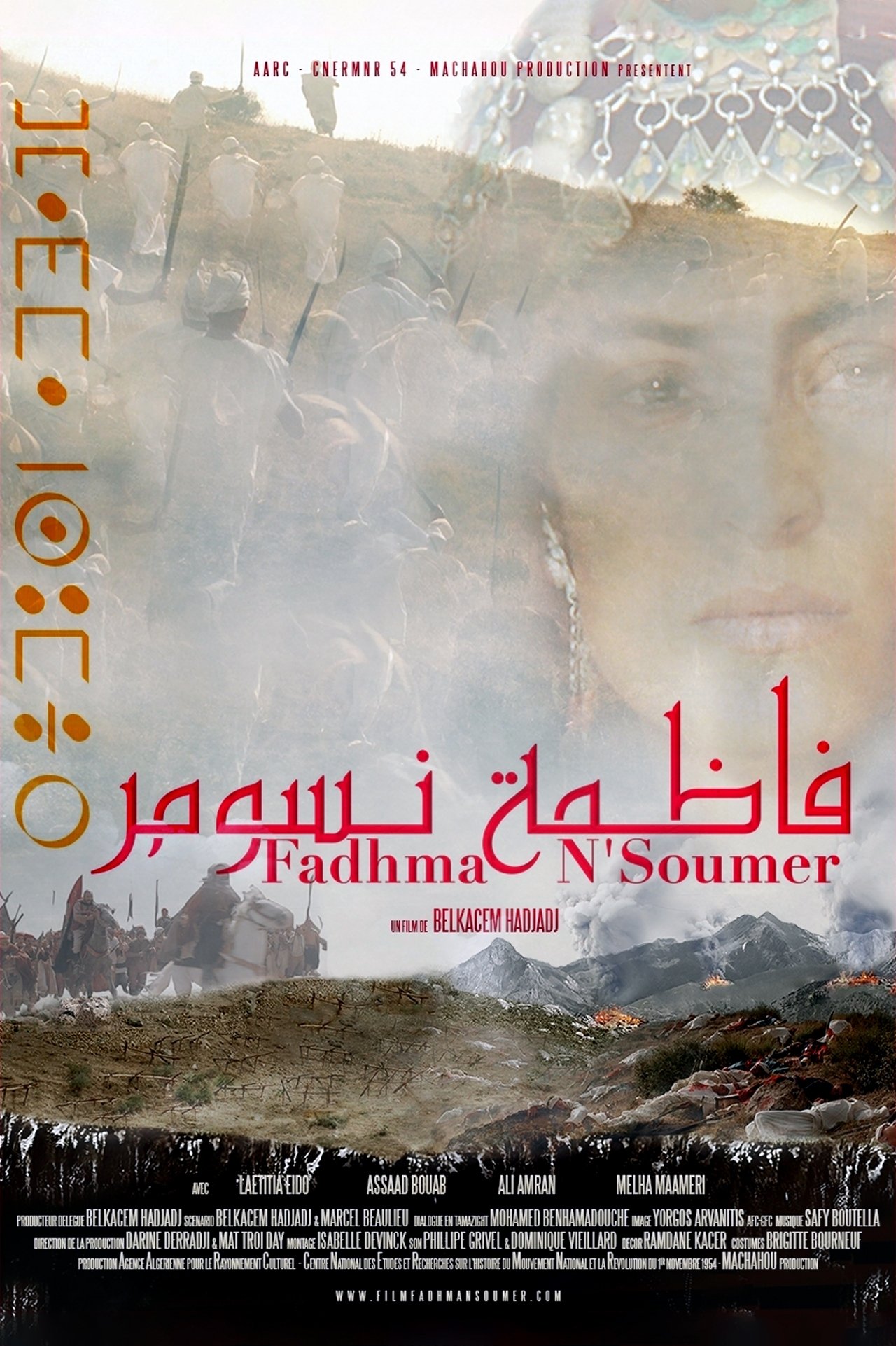
Fadhma N'Soumer
Released on: 2014-05-01
War, History
This film, is about the courage and the determination of a young woman in djurdjur"as mountain in Al...
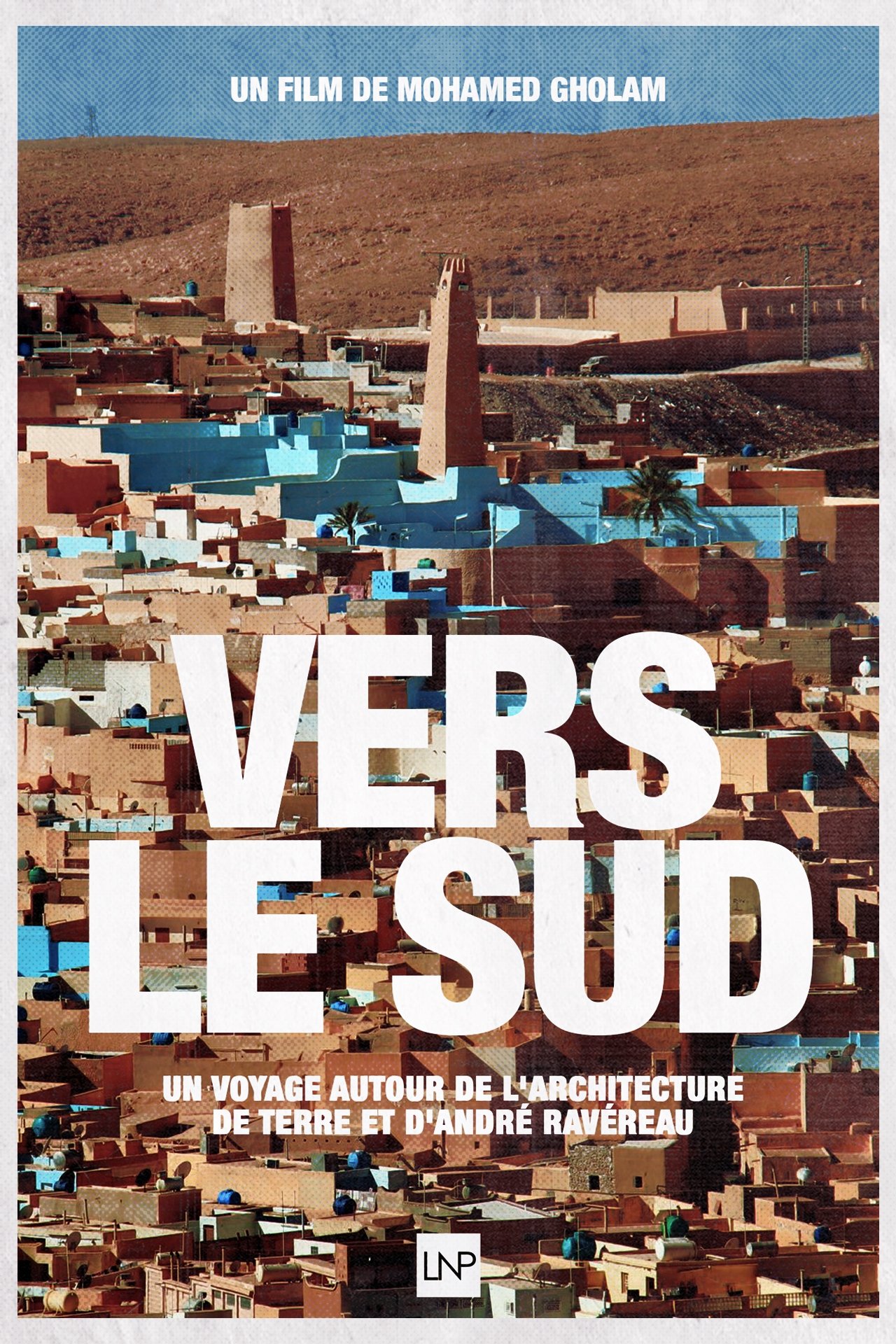
Towards the South, A journey around earthen architecture and André Ravéreau
Released on: 2020-07-27
Documentary
Across two countries, France and Algeria, and five cities, Mohamed Gholam takes us south to tell us ...

Gerboise Bleue
Released on: 2009-02-11
Documentary, Drama
"Gerboise bleue", the first French atomic test carried out on February 13, 1960 in the Algerian Saha...

Marcus Garvey: Toward Black Nationhood
Released on: 1984-02-07
Documentary
A documentary, combining archival material and live interviews with Marcus Garvey, Jr., and others, ...

Sawt Echaâb
Released on: 1961-01-01
War, Documentary
“La Voix du Peuple,” composed of archival photographs by René Vauthier and others, exposes the root ...
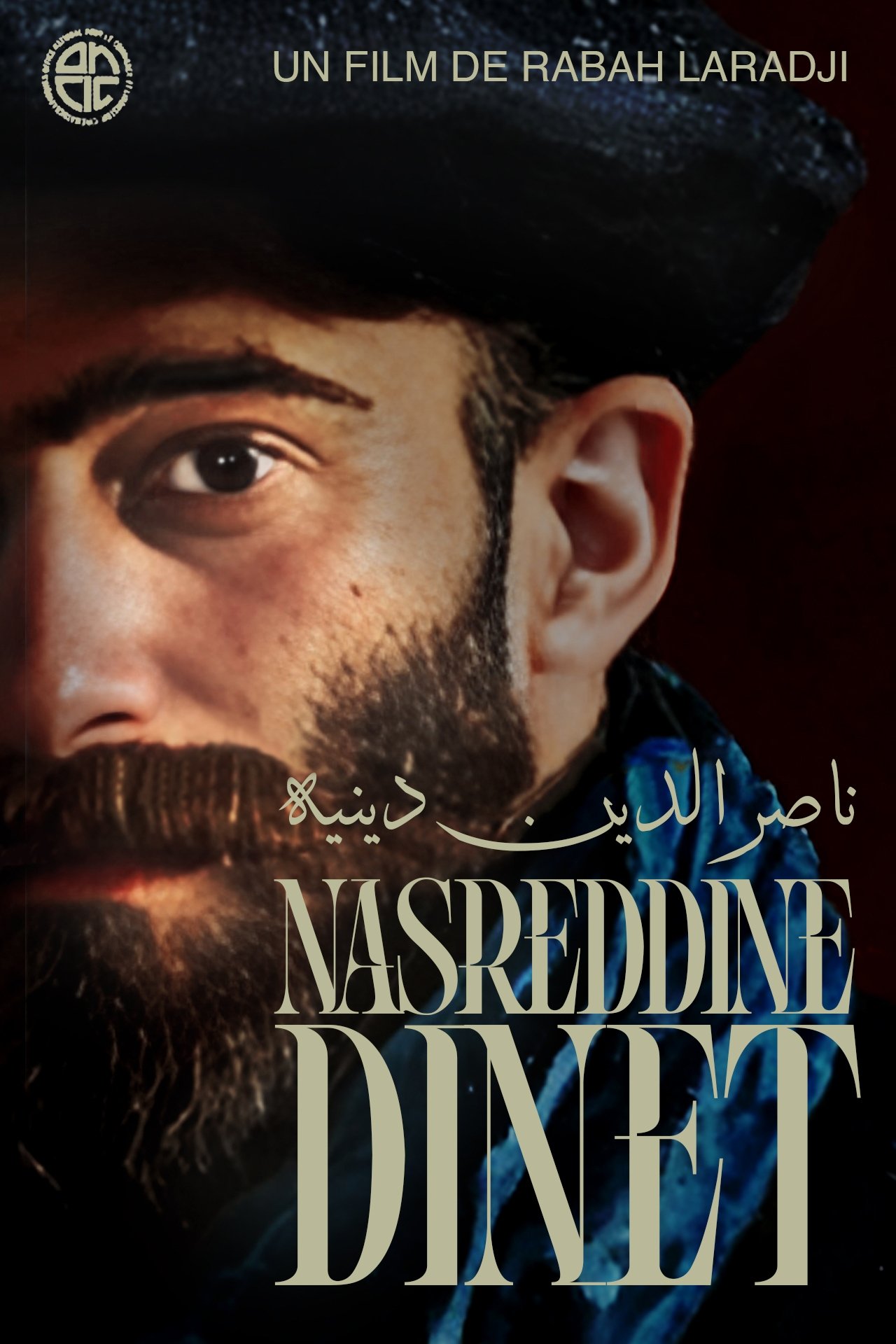
نصر الدين ديني
Released on: 1977-01-01
Documentary
Étienne Dinet (إتيان دينيه), born March 28, 1861 in Paris, where he died on December 24, 1929, was a...

Dawn of the Damned
Released on: 1965-07-05
Documentary, History, Drama
This excellent feature-length documentary - the story of the imperialist colonization of Africa - is...

The Lives of Albert Camus
Released on: 2020-01-22
Documentary, History
Albert Camus died at 46 years old on January 4, 1960, two years after his Nobel Prize in literature....
